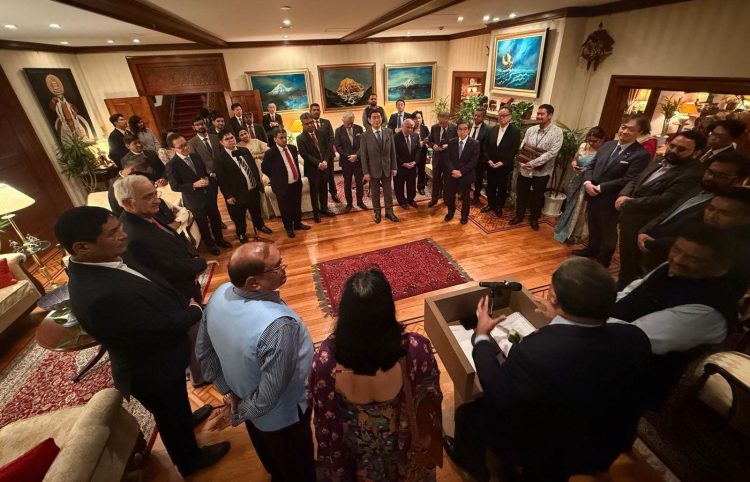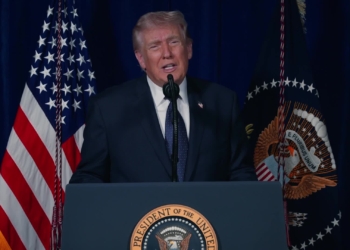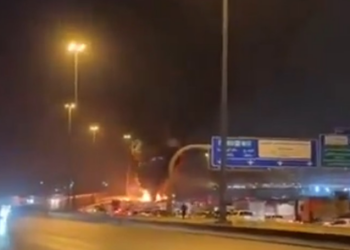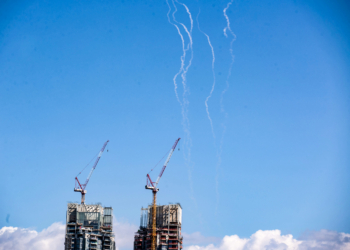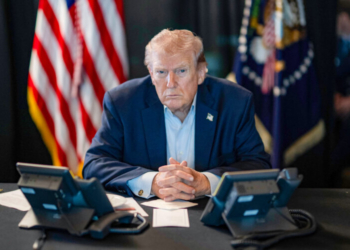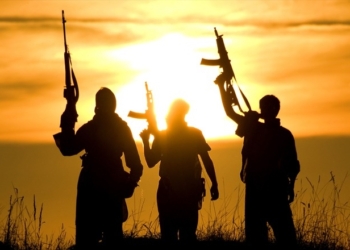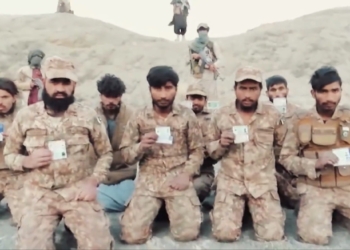Tokyo: Members of the Indian diaspora in Japan have lauded the Prime Minister Narendra Modi-led government’s decisive action against cross-border terrorism through Operation Sindoor, expressing pride in India’s strong response to Pakistan-sponsored terror.
The sentiments were voiced during a significant outreach event held at the Indian Embassy in Tokyo, where an all-party parliamentary delegation engaged with the diaspora, highlighting India’s unified and assertive stance against terrorism.
The delegation, led by Janata Dal (United) MP Sanjay Kumar Jha, included BJP MPs Aparajita Sarangi and Brij Lal, Trinamool Congress MP Abhishek Banerjee, CPI(M) MP John Brittas, and senior Congress leader Salman Khurshid.
They described Operation Sindoor as a “strategic shift” and the “new normal” in India’s counter-terror doctrine, especially in response to the April 22 terror attack in Pahalgam.
Speaking to IANS, members of the diaspora welcomed the delegation’s outreach and praised the government’s action.
“Until now, we always felt helpless whenever something was happening in India. But after Operation Sindoor, some pride has come. Some action from the government led by PM Modi actually made us very, very proud,” said one attendee.
“Operation Sindoor is a feeling of the heart. I have applied Sindoor to support them,” said another member. One participant noted, “The name Operation Sindoor is very apt and correct. We appreciate the action taken by our Indian armed forces.”
Others echoed similar views, emphasising the importance of national stability.
“India, being the fourth largest economy, needs political stability. Any attempt to destabilise our country will not be tolerated. This Operation Sindoor sent a clear message that India has a zero tolerance policy for terrorism,” said a member of the diaspora.
Praising the Prime Minister’s leadership, another attendee remarked, “PM Modi handled everything perfectly. We are very happy that India emerged as a strong country.”
He also criticised Opposition leader Rahul Gandhi, saying, “He rarely says anything good; he always speaks like this, so there’s no surprise in it.”
A diaspora member summed up the collective sentiment: “That’s a great thing done by our Prime Minister and the entire nation. I’m intrigued, and I like the word Sindoor. It has a lot of significance in our country.”
“The aim is to help the diaspora understand the reality of the continuous terror threats we face. Many living abroad may not fully grasp the situation, and it’s vital to make the international community aware of Pakistan’s direct involvement through its government and army in such acts,” Jha told the gathering.
The Indian Embassy stated that the delegation clearly outlined Pakistan’s role in the Pahalgam terror attack and how India responded by destroying nine high-value terror hubs in Pakistan and Pakistan-occupied Kashmir.
“They emphasised India’s zero tolerance for terrorism and conveyed the firm message that talks and terror cannot coexist. Blood and water cannot flow together,” the Embassy posted on X.
Showing photos of Pakistan giving state funerals to the neutralised terrorists, Jha exposed what he called “the real face” of the rogue state. He also pointed out the contrast between India’s global rise as the fourth-largest economy and Pakistan’s ongoing instability.
“I visited Srinagar, which thrives on tourism. After the terror attack, the local community has suffered immensely,” he said.
A moment of silence was held in memory of the victims of the Pahalgam terror attack, with the Embassy affirming that the visit concluded on a solemn but united note.
(IANS)




